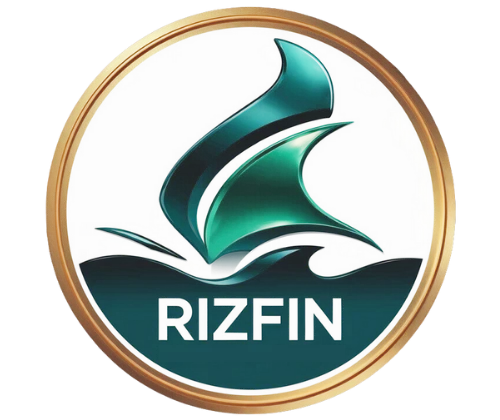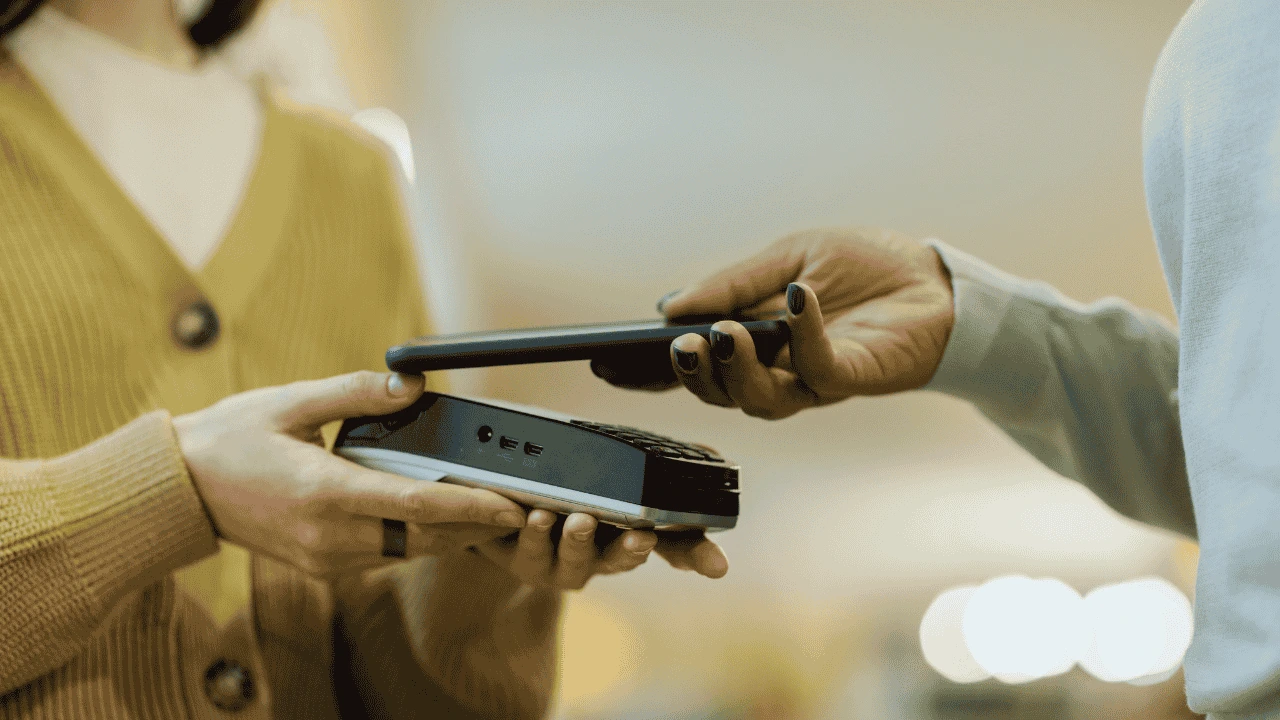In a small business, it’s easy for business purchases and company assets to get mixed up with personal spending — especially when things are bought quickly or out-of-pocket.
Whether it’s a new laptop, software subscription, or business travel expense, the question of business purchases and company assets often comes up: Who owns this — me or the company?
Who owns this — me or the company?
And how do we handle it correctly for tax, accounting, and compliance?
This guide helps you understand the difference between business purchases and company assets, so you can:
- Protect your business
- Track company assets correctly
- Stay compliant with tax and accounting rules
When managing your small business finances, it’s essential to know how to categorise business purchases and company assets correctly.
🛠️ Fixed Assets
These are long-term items like laptops, phones, tools, or equipment.
- Treated as company assets
- Recorded on the balance sheet
- Depreciated over time
- May be eligible for VAT recovery
💼 Business Expenses
Day-to-day business purchases such as:
- Software subscriptions
- Office supplies
- Travel, meals, or training
These are operational costs recorded in your Profit & Loss account, not as company assets.
Understanding how to separate business purchases and company assets ensures proper tax treatment, accurate ownership, and VAT compliance.
If the invoice is in the company’s name and paid with company funds, the item is a company asset.
It should then:
- Be added to your Fixed Asset Register
- Appear on the balance sheet
- Be depreciated over time
- Qualify for VAT recovery (if applicable)
✅ Best Practices for Company Assets:
- Use a company bank card for all purchases
- Ensure invoices are addressed to the company (e.g., “ABC Ltd”)
- Log each asset with serial numbers and user details
🧾 What If the Invoice Is in the Director’s or Owner’s Name?
This is a common situation when business purchases and company assets are made using personal funds. Here’s how to handle it:
Option 1: Reimburse + Transfer Ownership (Recommended)
- The company reimburses the director/employee
- Ownership is transferred to the company
- Add it to the Fixed Asset Register and apply depreciation
- 📝 Use an Asset Transfer Form for clear documentation
Option 2: Leave as Personal
- The item remains a personal asset
- No capital allowances or VAT recovery available
- If the company pays for its use, it may trigger a Benefit-in-Kind (BIK)
Not all business purchases are classified as company assets. Examples of operational expenses:
- Software tools and subscriptions
- Office supplies and equipment below capitalisation threshold
- Client meals
- Travel and accommodation
- CPD and training courses
✅ Handling Operational Purchases:
- Invoice must be in the company’s name
- Paid using business funds
- Must be clearly business-related
When documented properly, these business purchases are fully deductible and may qualify for VAT recovery.
Setting a capitalisation threshold helps distinguish company assets from operational business purchases.
📊 Typical Thresholds:
- UK: £100–£1,000
- Ireland: €100–€1,000
📝 Best Practice:
- Define your capitalisation threshold clearly in your accounting policy
- Apply the rule consistently
- Track borderline items (e.g., accessories) separately
📌 Example:
- €1,200 laptop → Fixed Asset
- €90 keyboard → Business Expense
If a director or employee pays personally for a business purchase:
- Submit a reimbursement claim with valid receipts
- Get internal approval
- Reimburse and record the expense accurately
️⚠️ VAT can only be reclaimed if the invoice is in the company’s name.
🚗 Handling Travel, Mileage & Meals
These common business purchases are often reimbursed:
- Mileage: Use Revenue/HMRC-approved rates
- Travel: Provide receipts for transport
- Meals: Allowable during work travel or client meetings
📋 Maintain a Travel & Mileage Log for all reimbursements. For full guidance on eligible rates and rules in Ireland, see Revenue’s Travel and Subsistence Expenses guide.
When a company asset is sold, transferred, or written off:
- Get formal approval (e.g., board note or director sign-off)
- Update the Fixed Asset Register
- Assess for Benefit-in-Kind (BIK) if given for free or below value
- VAT may apply on disposal
📝 Document changes with an Asset Transfer Form.
📋 Summary: Managing Business Purchases and Company Assets
| Situation | What to Do |
|---|---|
| Buying a company asset | Use company funds + invoice in company name |
| Director buys asset personally | Reimburse + transfer ownership |
| General business purchases | Keep valid receipts + ensure business use |
| Travel/mileage expenses | Track and claim with logs |
| Disposing of assets | Approve, record, and assess for BIK/VAT |
✅ Final Thoughts
Keeping business purchases and company assets clearly separated is key to financial control.
When handled properly:
- You maximise tax relief
- Remain compliant with Revenue/HMRC
- Avoid audit risks
- Maintain clean financial records
Need help managing your business purchases and company assets?
🧾 Not sure how to document this properly? When you work with us, we’ll set up simple systems for reimbursements and asset transfers so it’s always clear who owns what.
🛒 Not sure if something counts as an allowable expense? As part of our service, we help clients create a tailored expense policy so you never have to second-guess.


